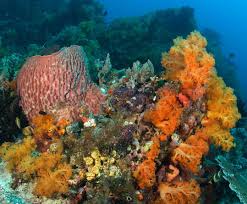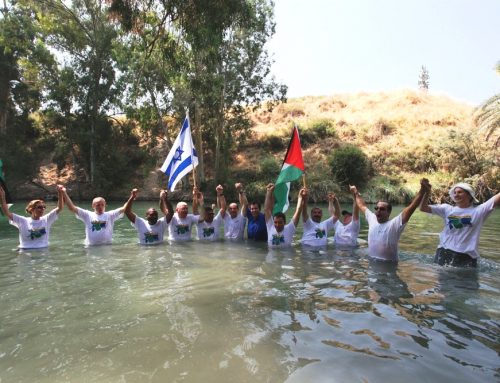Can humans enable organisms to adapt to new conditions in the Anthropocene? What are the longterm implications of this?
Can marine life and habitats adapt to the increasing temperatures and acidity of the ocean? Scientists at the research centre on Hawaii’s Coconut Island are hoping to save the coral reefs off the island of Oahu from permanent degradation. Ruth Gates and her team’s mission is to create coral that can withstand the expected rise of ocean temperatures and acidity with global warming.
Coral reefs are essential habitats for marine life, and also attract tourists for snorkeling and scuba diving activities. The changing environmental conditions can stress the coral, resulting in the animal turning white or yellow, a process known as coral bleaching. If the coral cannot recover from the shifting conditions, it will die and disappear, losing its function as a fish nursery.
The Gates research team is bathing pieces of coral in warm, acidic, water to condition them to survive in the changing marine environment. Through this technique, the coral samples will become more resilient and pass on this improved resilience to their offspring. This experiment is the first time that assisted evolution, the process aforementioned, is being applied to coral. They are also taking resilient strains and breeding them, in hopes of creating coral that can be placed back in the ocean and thrive in the increasingly stressful conditions. They will be transplanting the coral back into Hawaii’s Kaneohe Bay off the island of Oahu in hopes that they grow and reproduce in the following summer. If these goals are realized locally, the research team and other marine biologists wish to reproduce the experiment at a larger scale, potentially to restore coral reefs in other parts of the world. This novel approach to coral reef restoration could help vulnerable marine habitats withstand the challenges of the next century.



